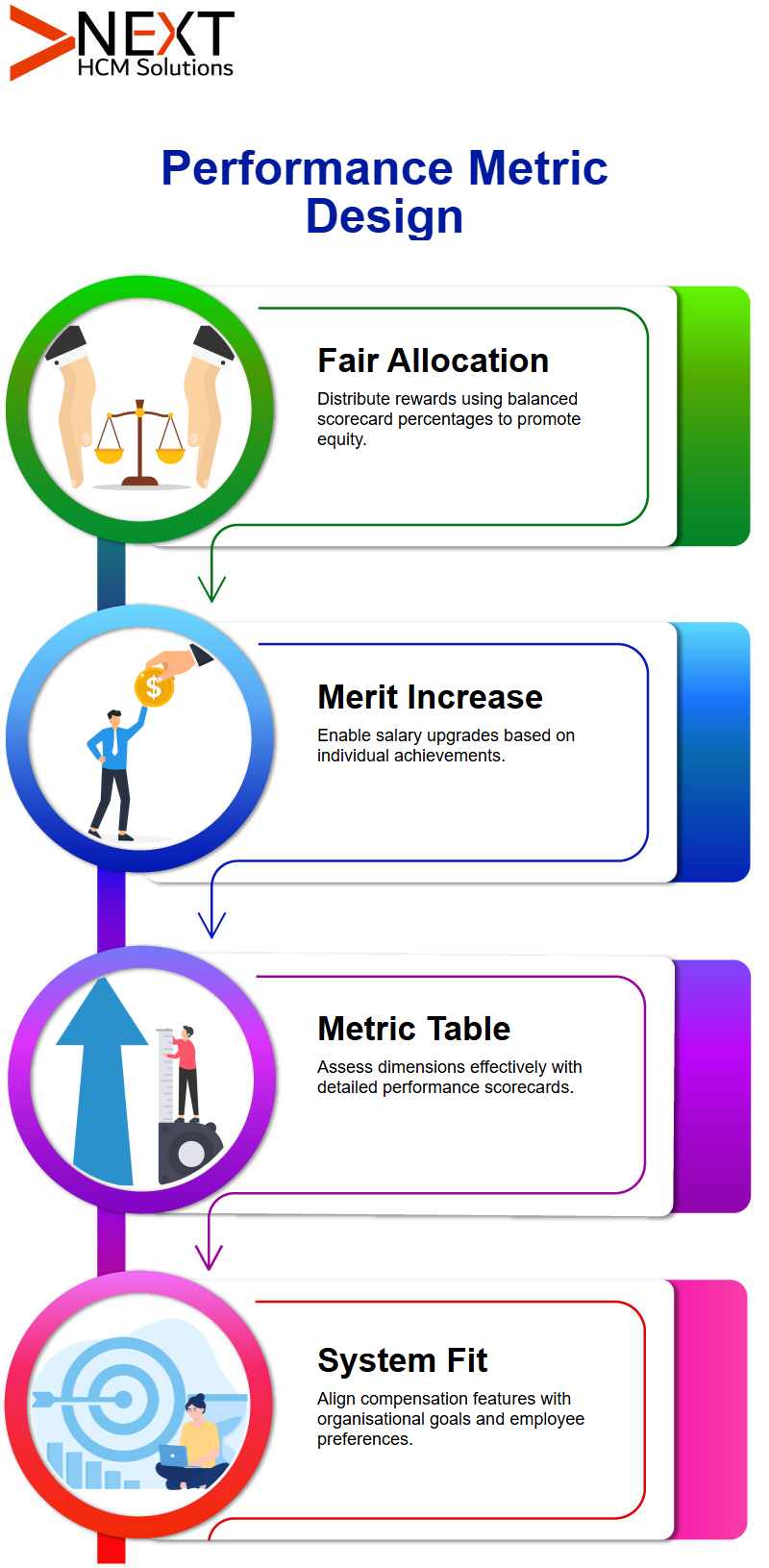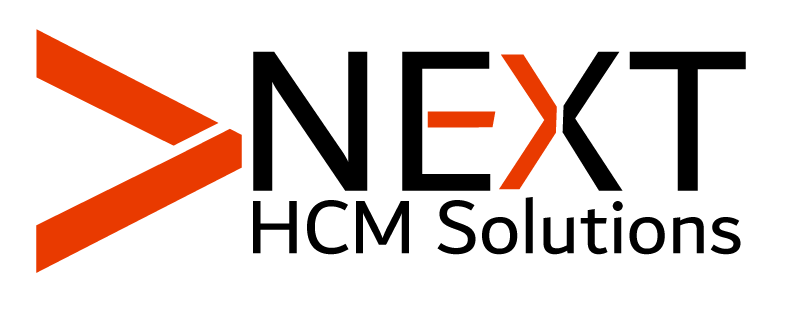Join the Best Workday Training in Bengaluru to Learn, Practice and Suceed
Workday Advanced Compensation Tutorial
Training Blueprint
Comprehension Workday Advanced Compensation Rollout Plans
How Workday Innovative Compensation lets you plan the rollout very easily is what we are going to talk about here.
This detail gives you the ability not only to decide who has been put under your compensation plans but also to send them to others.
Your screen will list explicitly who the recipients are and who they are, as well as the explanations for the non-receivers
For demonstration, as you observe the compensation rollout plan, you will see that two employees have been included.
Those who were left out could be blocked due to pending business transactions, such as representation and compensation, as well as development.
After issues are resolved, employees can use Workday Advanced Compensation to access bonus arrangements, as detailed in the Workday Advanced Compensation Tutorial in Bengaluru.
Assigning Plans in Workday Advanced Compensation
Workday Advanced Compensation is an intuitive system that focuses on the task at hand, streamlining navigation and eliminating complexities.
It’s pretty straightforward. If you need to assign bonus plans, merit plans, stock plans, or any other progressive plans, look for the job, and you’re good to go.
Altering eligibility parameters is simple with Workday Advanced Compensation, a process covered in the Workday Advanced Compensation Tutorial in Bengaluru.
You can specify these settings if you wish to restrict the bonus plan to specific organisations or groups.
The bonus plan will be distributed among all employees in the organisation if you opt out, which is a fantastic aspect of Workday Advanced Compensation.
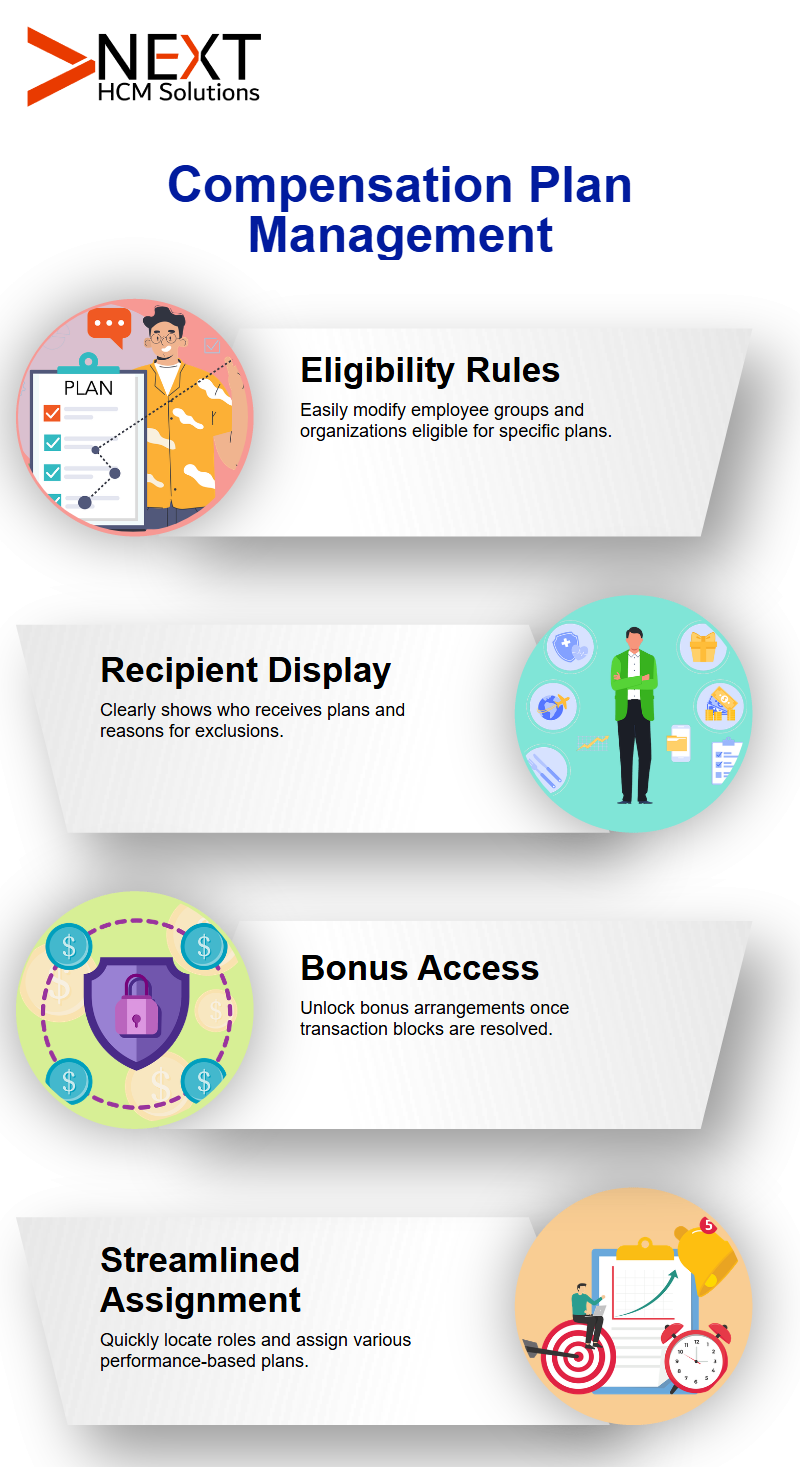
Creating Bonus Plans with Workday Advanced Compensation
Creating bonus plans is as easy as pie with Workday Advanced Compensation.
You can sketch out plans based on the percentage, amount, or other indicators.
When enlisting such systems, methods for percentage-based and amount-based bonuses become available as options.
Promotions, talent assessments, and succession planning are integrated into bonus processes through Workday’s advanced compensation capabilities, covered in the Workday Advanced Compensation Tutorial in Bengaluru.
This utility helps manage anomalies and allocate bonuses effectively.
Customising Performance-Based Workday Advanced Compensation
Workday Advanced Compensation permits the setting of performance-based compensation.
It considers factors like employee performance, company performance, and managerial inputs to determine bonuses.
Managers can assign awards directly to their subordinates according to these parameters.
The Workday Advanced Compensation Tutorial in Bengaluru highlights that creating a compensation matrix is a crucial step in Workday Advanced Compensation.
This matrix is enriched with criteria such as management level and performance critique scores.
It then determines how bonus plans and individual employee targets will be structured, which is ultimately an excellent attribute for companies to have.
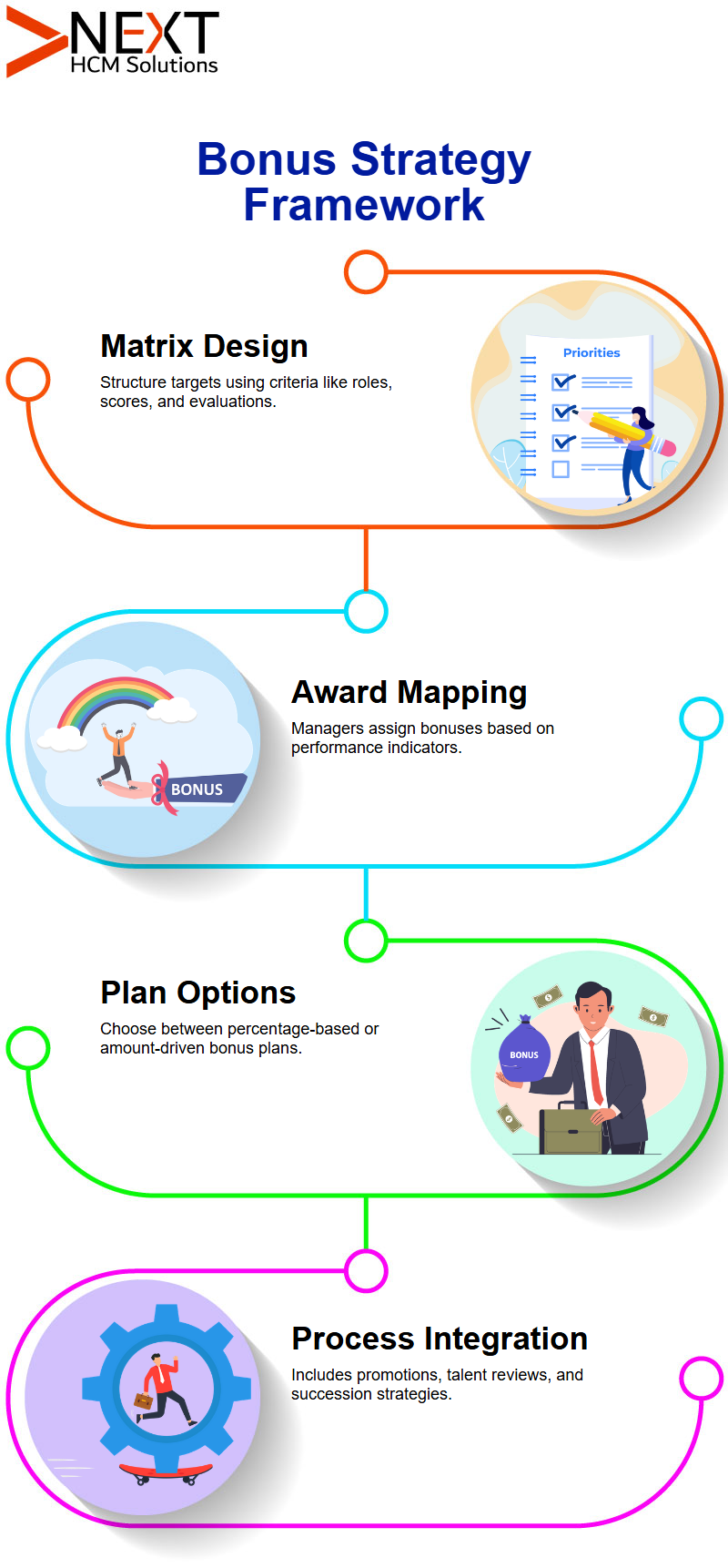
Conducting Workday Advanced Compensation Tasks
With Workday Advanced Compensation, numerous tasks are available for your use, including creating compensation matrices and defining eligibility rules.
These tasks involve you in the process of picking out which employees are eligible for compensation in certain instances.
Knowing these tasks can help you manage the refined compensation sphere more efficiently.
Workday Advanced Compensation is a tool that enables companies to manage employee promotions, performance, and compensation, as demonstrated in the Workday Advanced Compensation Tutorial in Bengaluru.
The sample enables you to determine the performance levels for employees and, similarly, make the promotion rankings individually customisable.
This aspect of Workday Refined Compensation is terrific and perfect for planning salary equity.
Solving Workday Advanced Compensation Missing Data Issues
The Workday Advanced Compensation Tutorial in Bengaluru emphasises the importance of incorporating performance components when establishing bonus-focused compensation processes.
A triumphant setup of your compensation operation encompasses the creation of a specialised compensation matrix that combines the three types of plans it may include: merit, stock, and bonus plans.
Compensation plans are mostly handled and set up by the managers themselves, as they act as planners during the evaluation process.
Nevertheless, another task that is no less important is that of the manager who will be responsible for completing the performance ratings and designating the bonus plans.
Suppose the employee group uses rating scales within the confines of Workday Advanced Compensation or the grid’s performance tab to add the performance assessment.
In that case, there is a need to complete the inspection to extract the relevant data from these sources.
This will ensure that the grid displays the most recent performance ratings and presents a comprehensive picture of employee evaluations.
Missing data in the compensation inspection grid often happens when dates are out of sync, as covered in the Workday Advanced Compensation Tutorial in Bengaluru.
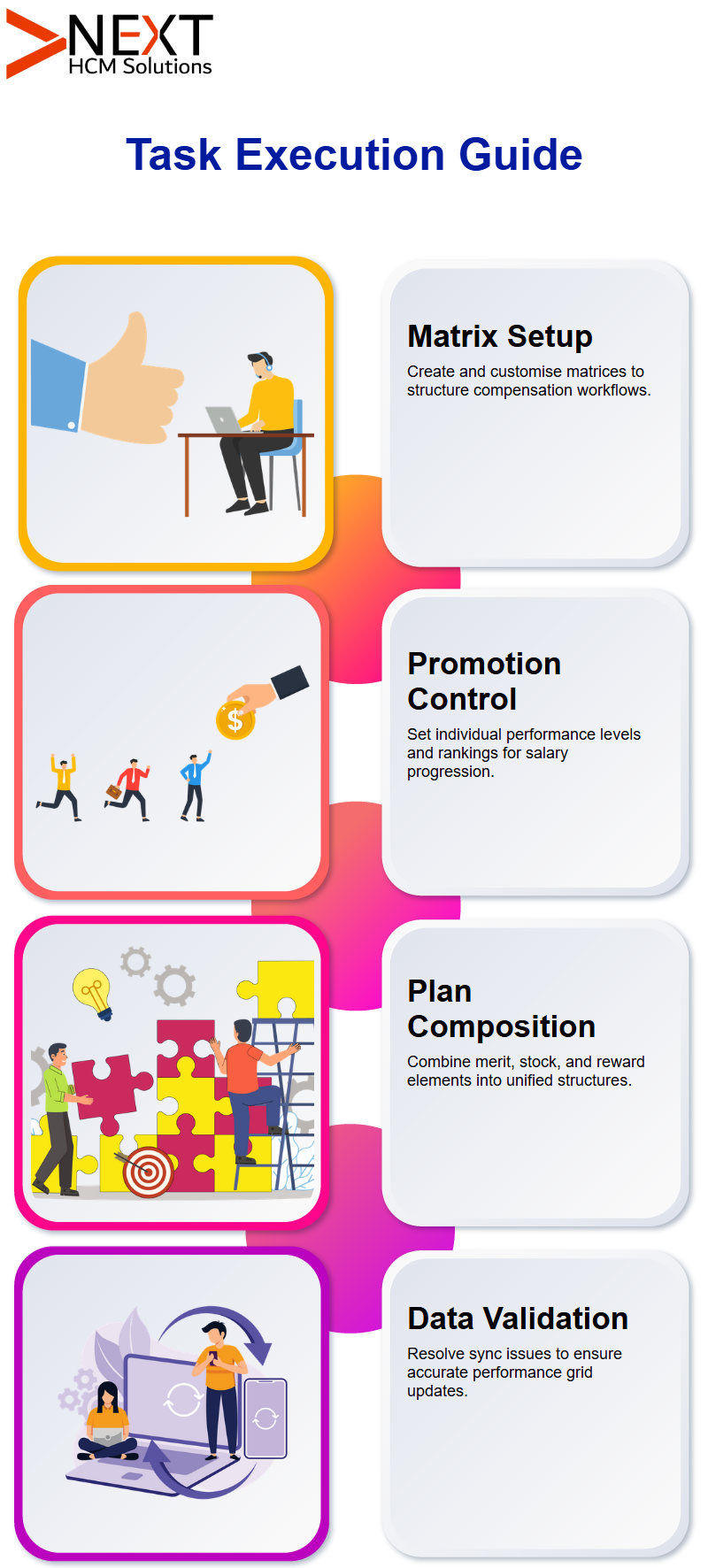
Setting Up Workday Advanced Compensation Matrices
Performance evaluation dates and the compensation inspection process period should have the same time limits so that the data aligns with a real-world situation.
Managers often gain a good understanding of these settings, making the process smooth and invisible to employees, a topic covered in the Workday Advanced Compensation Tutorial in Bengaluru, which focuses on compensation matrices.
It is not difficult to create a compensation matrix by using organisational scorecards and tenant-level performance factors as a basis.
That is to say, the tool provided by Workday Advanced Compensation enables the rated results of the performance module to be effectively connected to the compensation process.
Furthermore, the app provides tasks to check the reward plan, so users have a clear idea of which configurations are available.
Specifically, staff in the testing phase typically make these revisions before proceeding to the production stage, ensuring configurations that best suit their organisation’s needs.
Connect Workday Advanced Compensation Scorecards with Bonuses
Workday Advanced Compensation enables users to create scorecards that are perfectly aligned with bonus plans.
Scorecards enable you to monitor user activities and gain sharp insights into the transactions performed within the system.
Reports, such as user activity logs, can provide targeted measures that result from the compensation processes, making them visible. This data is valuable for managerial recap.
The user activity data source in Workday Advanced Compensation observes employee logins and captures over 50,000 activities, a feature highlighted in the Workday Advanced Compensation Tutorial in Bengaluru.
The very meticulous and regular activity reports are not only for conformance but also to identify and find instances of misuse.
Realising Workday Advanced Compensation is a way for companies to keep their tracking and configuration competence to the fullest extent, which in turn makes it functional.
From overseeing bonus plans based on performance factors to tracking user activity, the rostrum is incredibly comprehensive and affords complete support for achieving organisational aspirations.
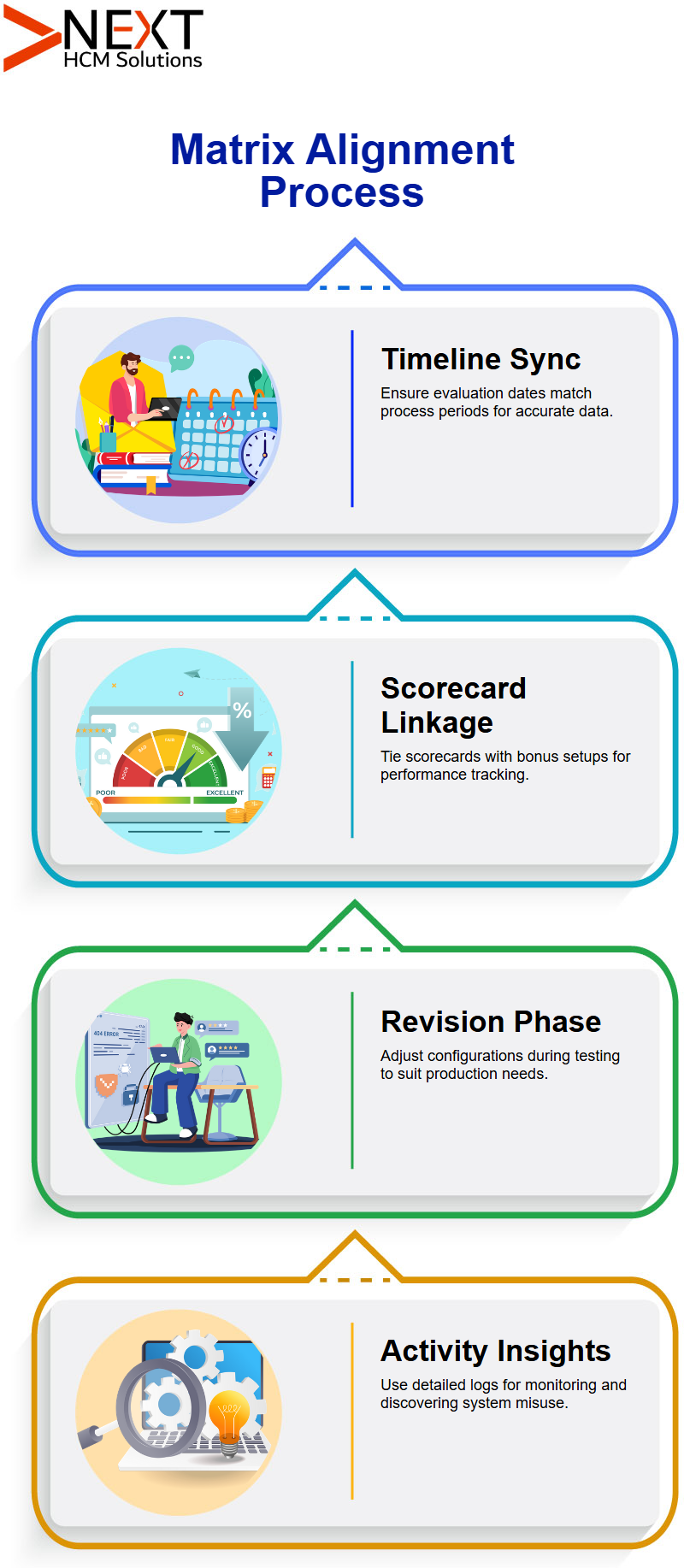
Easy Workday Advanced Compensation Matrices
Shall we now untangle the marvellous topic of Workday Advanced compensation matrices?
The specified resources significantly contribute to the establishment of remuneration schemes within organisations.
We can even say that they are the very lifeblood of such schemes.
Suppose you’re tasked with creating a rubric to reward the performance of team members effectively.
The Workday Advanced Compensation Tutorial in Bengaluru shows how customising reward matrices helps meet the unique needs of different performance factors.
As a prototype, if your task is to set targets for your team, you will thus educate yourself on performance metrics so that the matrix can be used accordingly.
Setting targets for the team will require assigning weights to every performance metric in the matrix.
In this way, the rewards of subjects are guaranteed to be the same as the value that they give to the organisation.
Creating Workday Advanced Compensation Incentive Plans
First, let’s move over to the topic of bonus plans.
The Workday Advanced Compensation Tutorial in Bengaluru demonstrates how Workday Refined Compensation enables you to effectively link bonus policies to your funding plan.
It is as simple as D, E, and F, the very essence of the right compensation matrix for these plans.
Note that these matrices form the foundation for conceiving and awarding performance-driven rewards.
Another benefit is that you can also relate point systems to incentive plans.
Whether it’s a range of bonus plans or other compensation programs, Workday Advanced Compensation allows for the customisation of these plans to meet your organisation’s unique needs.
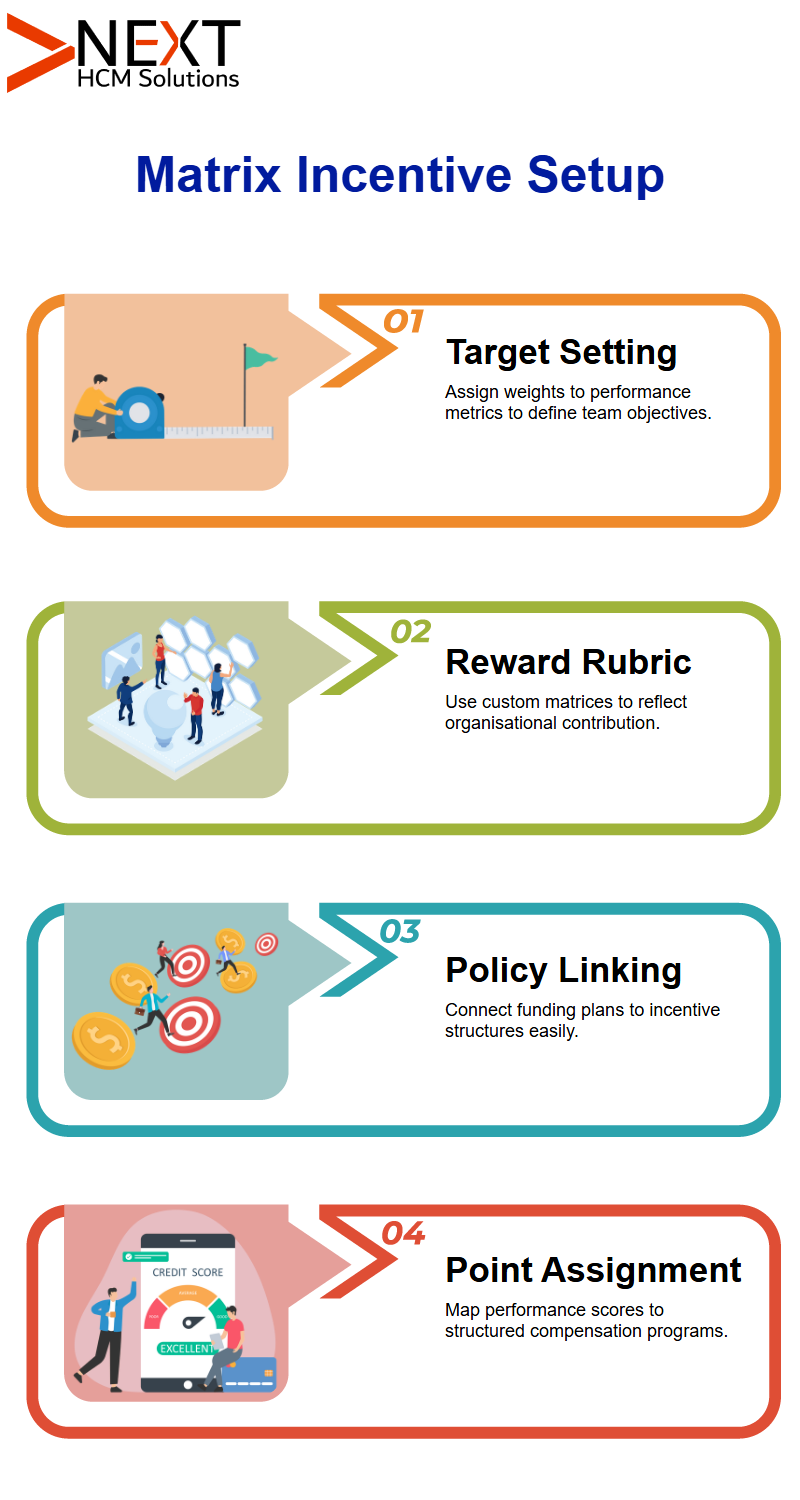
Exploring Performance Metrics in Workday Advanced Compensation
Workday Forward-thinking Compensation is an innovative package that excels in one key area: determining the metrics that measure an employee’s performance.
Say you created a table with special scorecards that help you assess the performance of different dimensions in an effective manner.
For instance, making it 50-50 ensures fairness for all people, and the Workday Advanced Compensation Tutorial in Bengaluru explains how this promotes transparent allocation of gifts.
How does this impact real-life situations?
The scorecard is already set, and the percentage of the total reward used for matching with employees is the one specified.
It is a straightforward yet powerful way to acknowledge the skills possessed by employees.
Elevate Bonus Plans with Workday Advanced Compensation
Though bonus plans offer the perfect beginning point, Workday Advanced Compensation doesn’t limit itself to them.
You can delve into it in more detail and award salary increases based on merit, or even experiment with other forms of compensation.
The concept is to arrange the system so that it matches the company’s ambitions and the staff´s wishes.
By setting compensation matrices or performance factors, as demonstrated in the Workday Advanced Compensation Tutorial in Bengaluru, you can make a real impact and establish parameters that reflect your team’s values.
